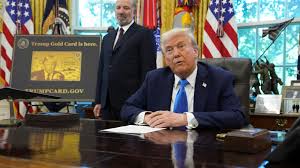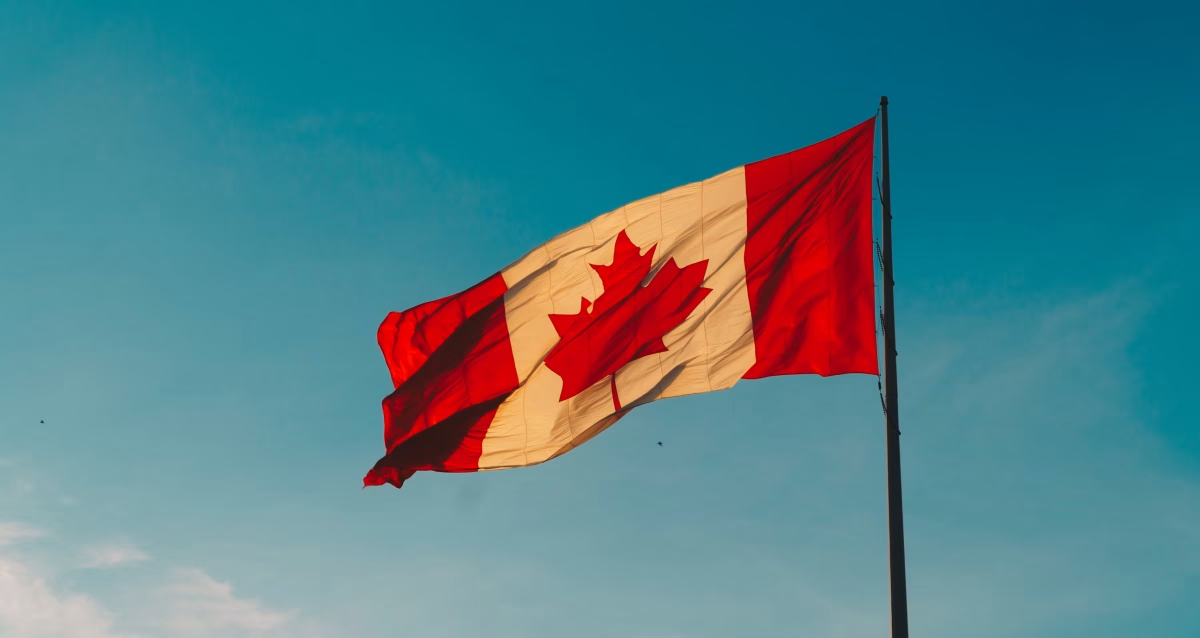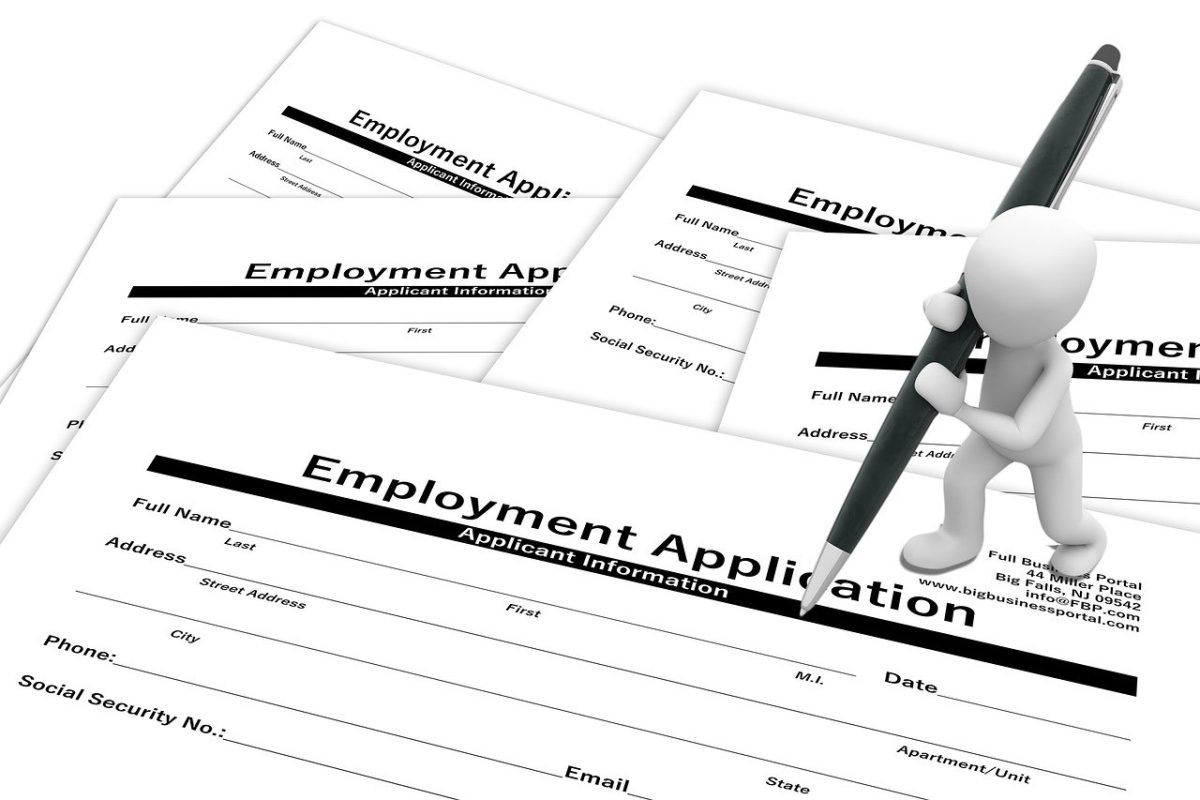On April 29, Canadians elected their new Prime Minister, Mark Carney, marking the Liberal Party’s fourth consecutive term in parliament. While many voters were preoccupied with routine topics such as gas, groceries, and affordable housing, another issue rose to be prominent in this year’s elections: the growing threat posed by US President Donald Trump.
Before Carney came into office, Canada was already facing political problems. When former Prime Minister Justin Trudeau seceded from his position, his resignation in January was followed by the suspension of the activities of the Canadian Parliament until March 24, becoming the last order that he would take as Prime Minister, according to CBC News. His actions prevented the government from making progress on bills, committee work, studies, and investigations, leading to a period of political instability. On the other hand, foreign relations between the US and Canada have remained on rocky terms ever since Trump took office in January. Specifically, looming tariffs on Canada have put a strain on its economy as 10% tariffs were placed on exports to the US, according to The Bank of Canada.
Furthermore, Trump’s constant comments regarding Canada as being the 51st state of the US have also further deteriorated the relationship between these once close countries, with many Canadians feeling that their sovereignty as a nation was threatened and mocked. Carney, a former central banker, used this turmoil to bolster his campaign, rallying the spirit of Canadian patriotism and anti-Trump sentiment. Through his political tactics, he ended up “closing an almost 20-point gap with the Conservatives in a matter of weeks,” as stated by NBC News. His former experience in navigating economic issues such as “running the Bank of Canada after the 2008 global financial crisis and maintaining the Bank of England during the Brexit process” also fortified his presence as a strong political figure in the eyes of voters, as revealed by NBC News.
In recent weeks, Carney has been looking to tackle the current issues that Canada faces. Moreover, the Liberal Party came up three seats short of the 172-seat majority in the House of Commons, which means that any proposed policies must be passed by other Canadian political parties such as the NDP and the Bloc Quebecois as mentioned by BBC News. More prominently, current foreign relations between the US and Canada are of the utmost importance to Carney when considering methods to mitigate further economic deterioration. Even though Carney was heavily focused on an anti-Trump campaign, he is still open to negotiation with the US president as the leaders agreed to meet to discuss country affairs in the near future, as reported by CNN.
Additionally, the Prime Minister has stated that he desires to consolidate foreign ties with more “stable” nations, making trips to Europe, and speaking to both British and French officials on the topic of bolstering “security, military and economic ties.” In future negotiations with the US, Carney plans on emphasizing his country’s sovereignty, economic goals, and prosperity for all Canadians.
The Prime Minister has made it clear that Canada will remain a sovereign nation, demonstrating the presence of Canadian patriotism against political pressure from America. Only time will tell how the future relationship of Canada and the US will unfold.













































































































































